
Passionate Abolitionist and
Witness to the American Civil War


Passionate Abolitionist and
Witness to the American Civil War

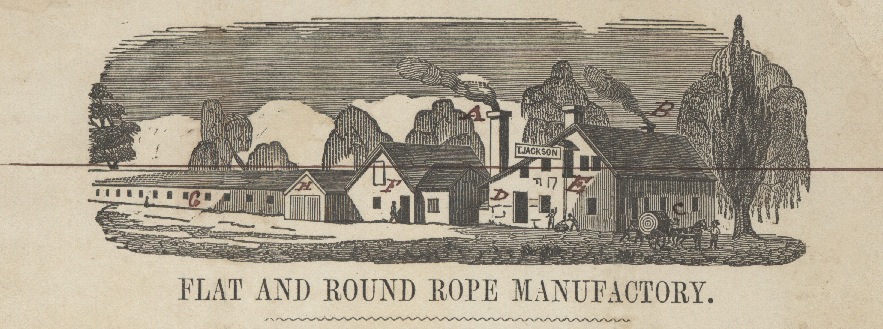



Thomas Jackson is encountering huge challenges learning to live in America.
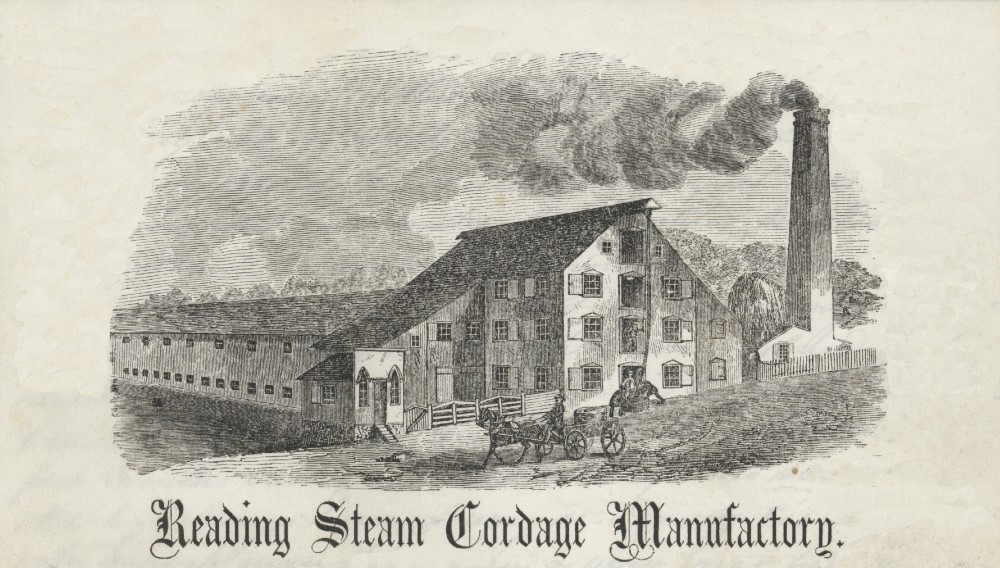

Engraving of new ropewalk and report of Reading's rapid growth. Updates on TJ's American family and expressions of disappointments that English members of the family are not diligent to replying letters from America!
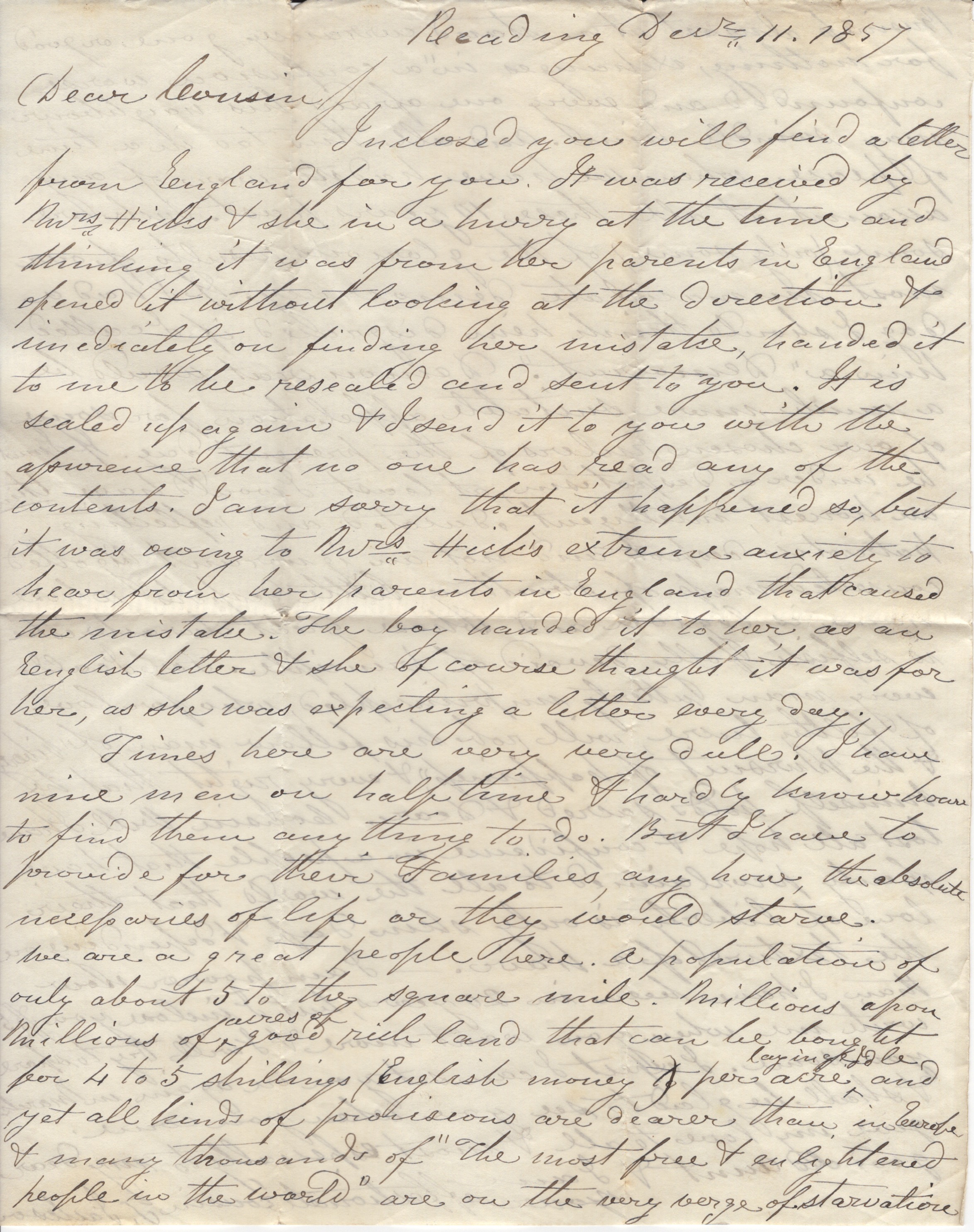




TJ already critical of the treatment of blacks. Hard times for TJ’s business. William Slater had joined him from England in June but had to be “let go.”
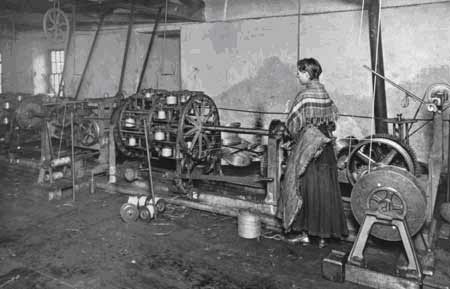



Thomas Jackson sent most of this collection of letters to Caleb Slater, his older cousin who still lived in England and also ran a rope works. Here we find that Caleb's son, William had moved to Reading PA and was working with TJ.
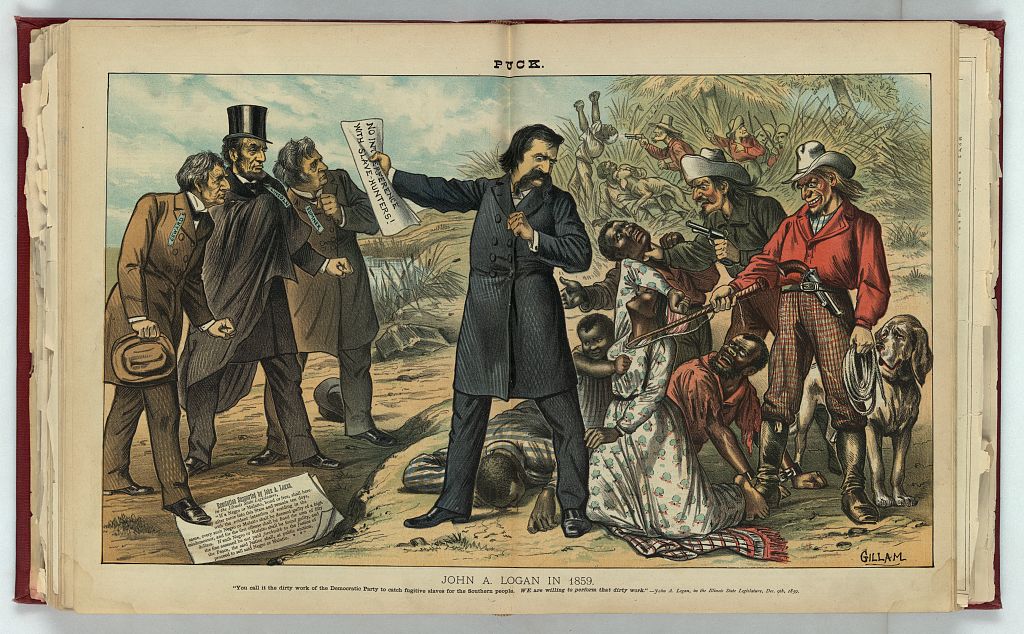


Thomas Jackson seemingly had fallen out with Caleb and William Slater and was trying to repair relationships. William was no longer in USA
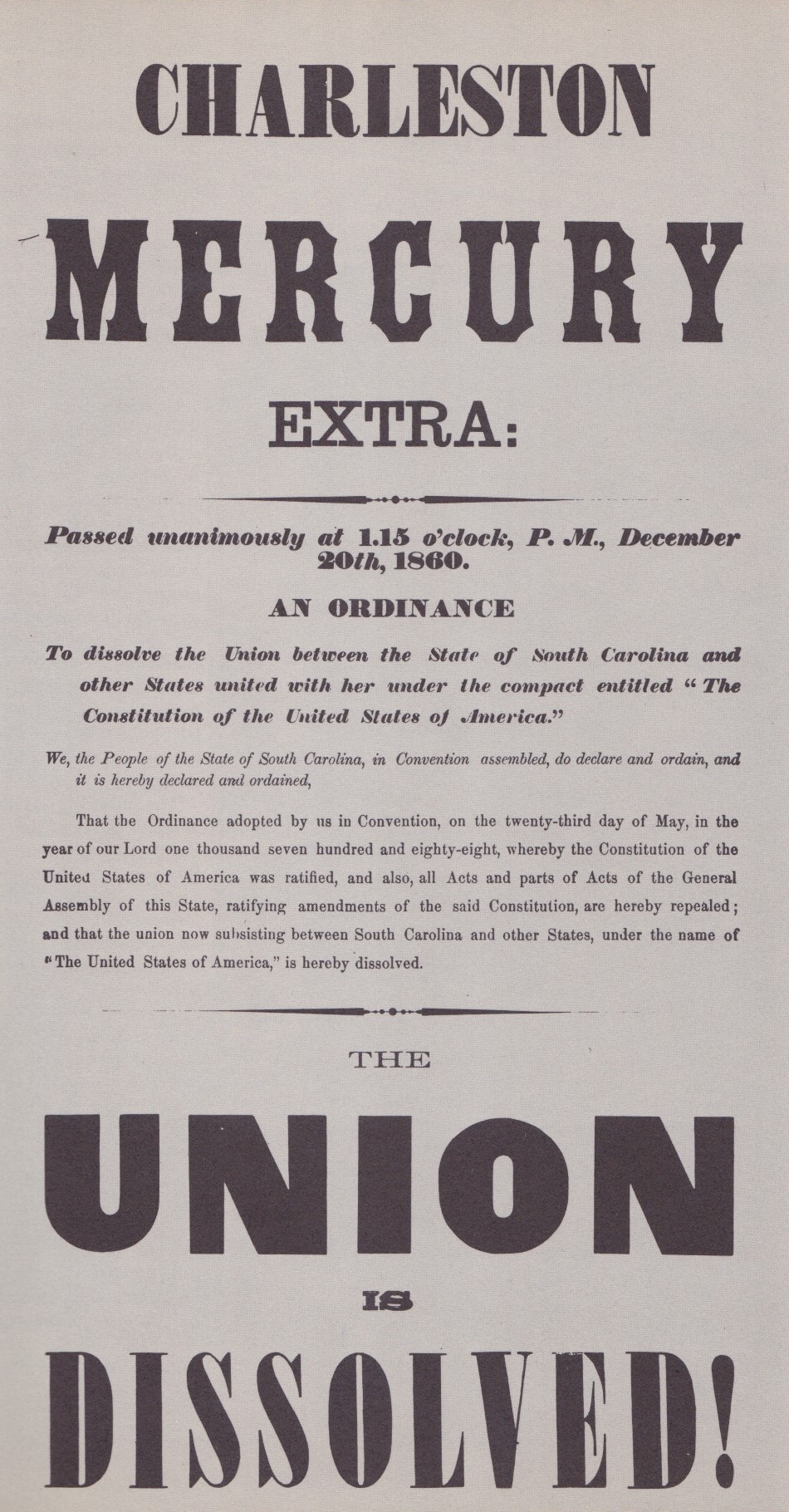



A transitional letter including family matters, nostalgia for England, mechanization of rope making and, finally, his introduction to the very lively politics in USA.





TJ regrets continual denial of freedom for back folk and foresees slavery will be abolished but that the motive will not be the white man's concern for the rights of the black but for "military necessity."
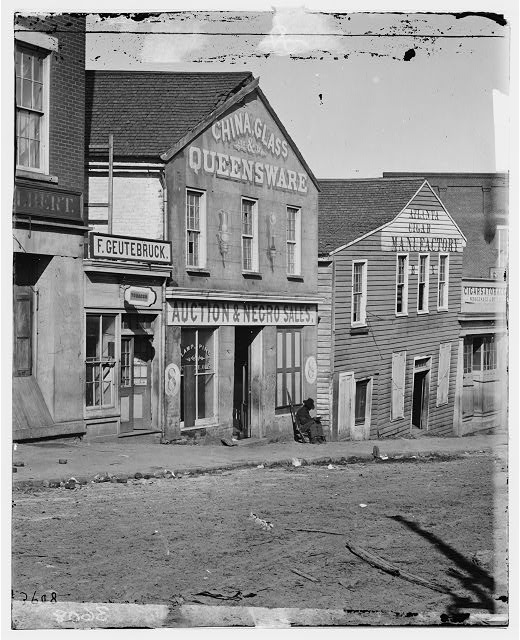





TJ's intense emotions on witnessing a slave market. Letter first sent to Caleb Slater with the request that he get it published in the local English paper.
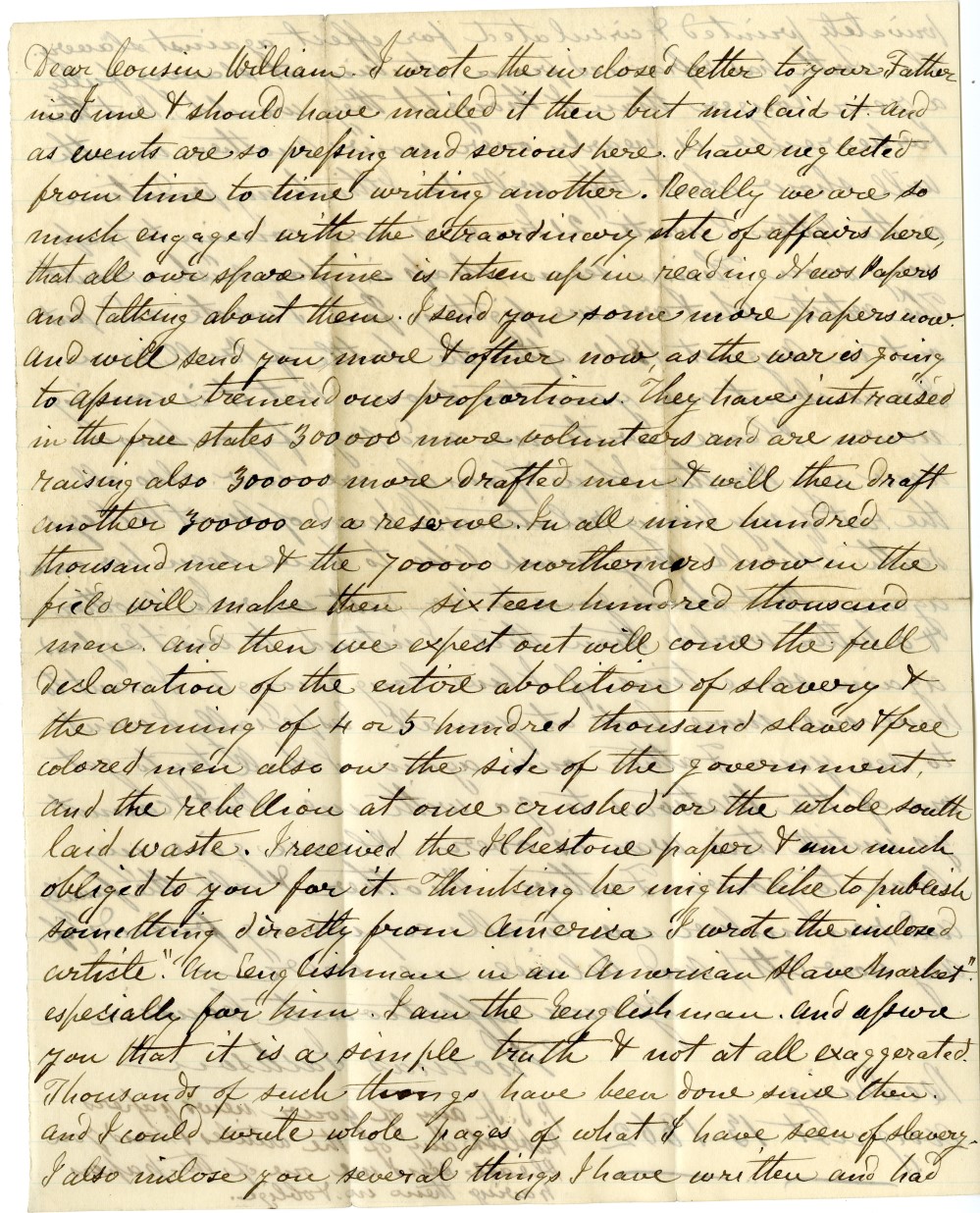





Thomas Jackson reveals he had written several other articles about the war and already had them published in America.
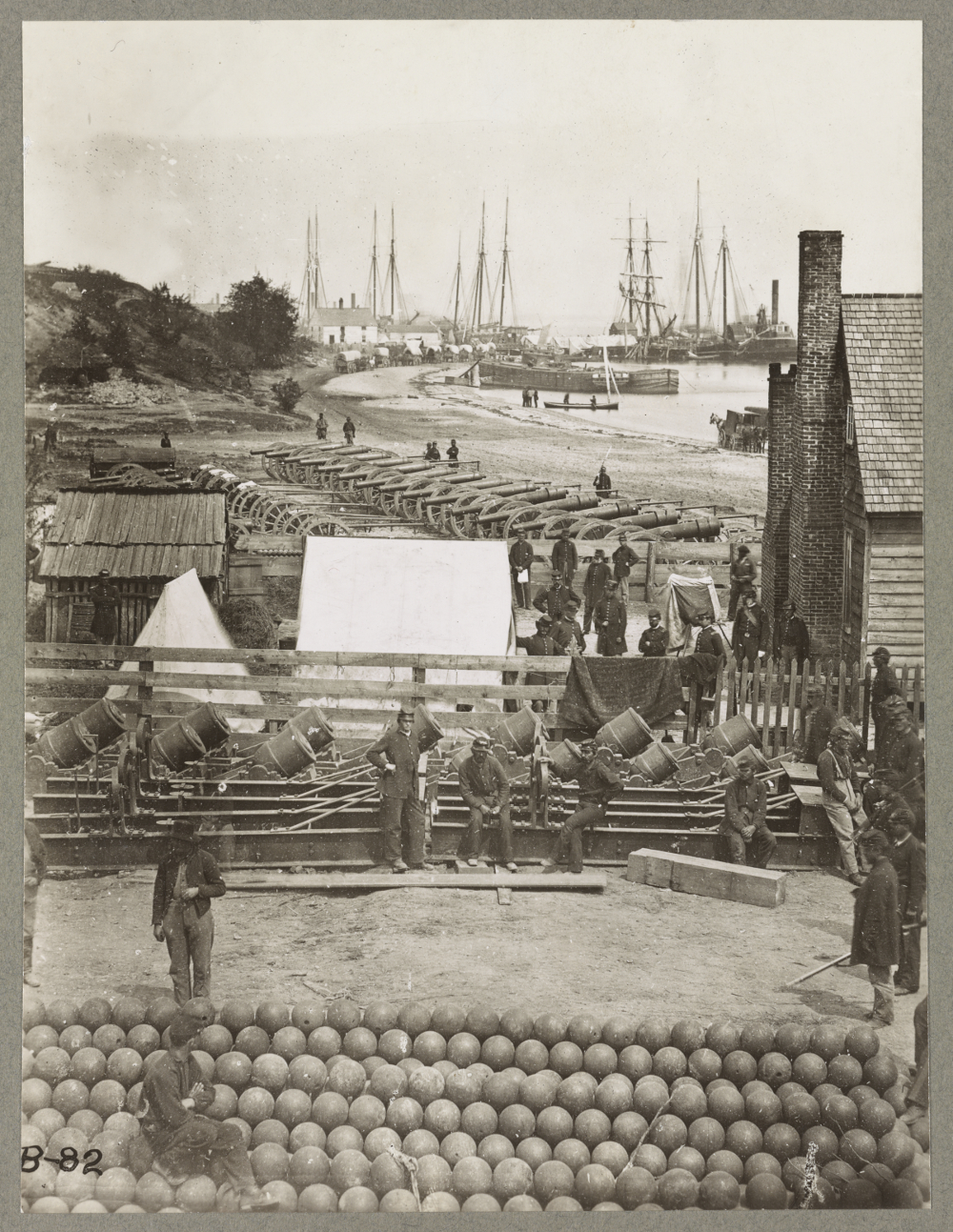





The Confederates had achieved victories against the North and were within 100 miles of Thomas Jackson who sends descriptions of how his fellow town folk in Reading responded.
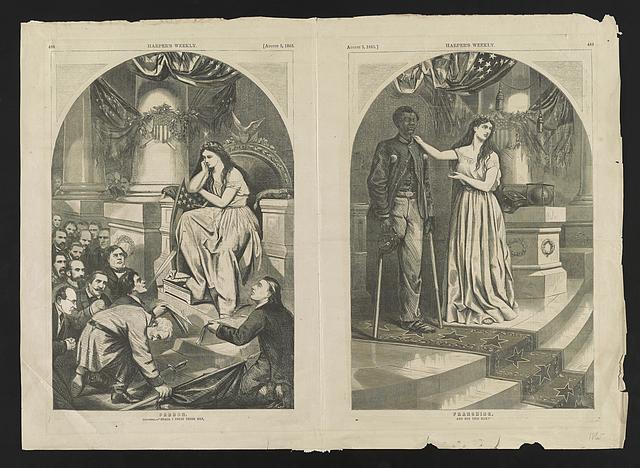





If blacks were allowed to fight, this war would be over much sooner.
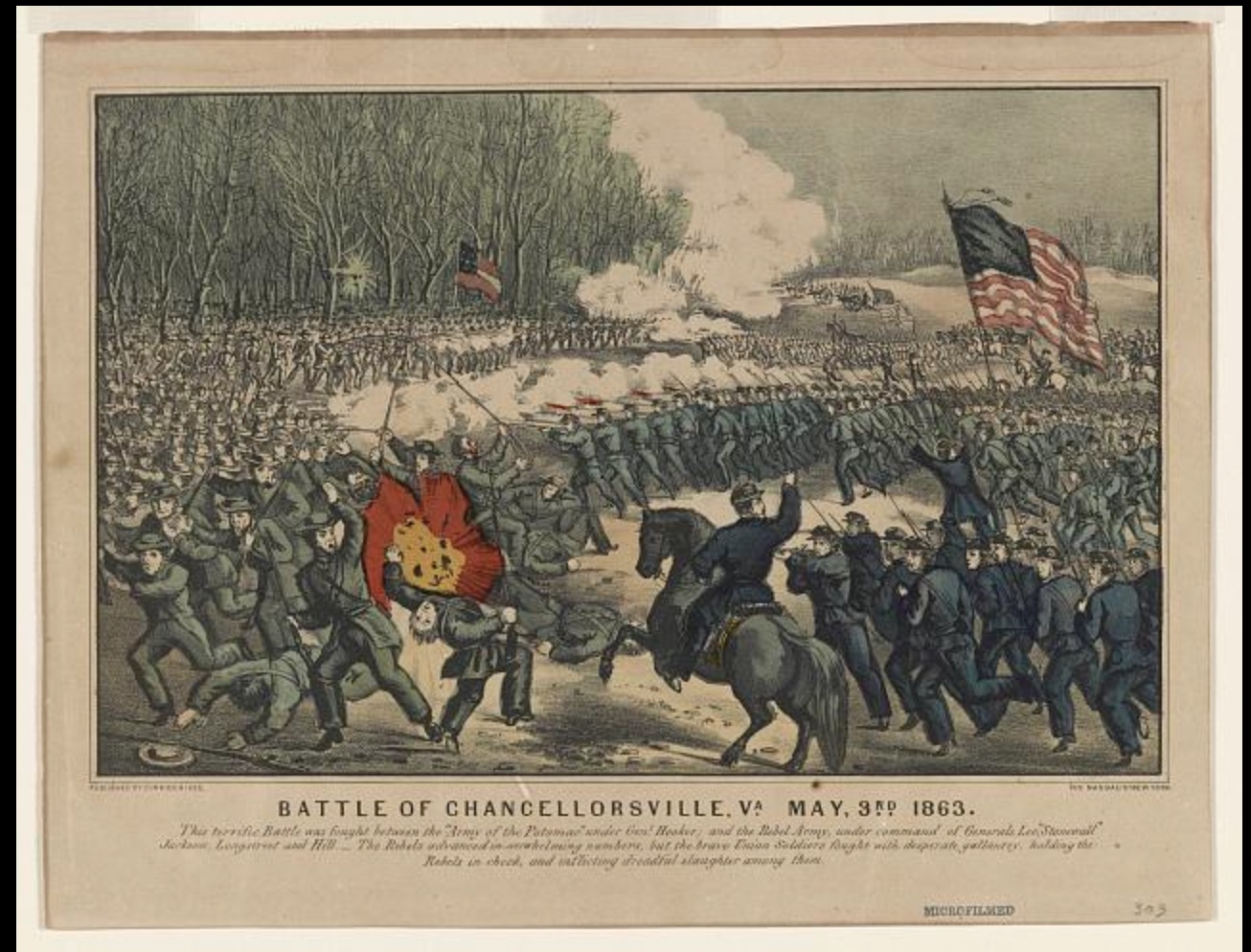



The war is continuing now some distance from Reading but TJ still expresses determination not to allow the South to dissolve the union. Also reports on family members.






This long letter includes much detail about many aspects of the war and is highly recommended for all visitors to this site.
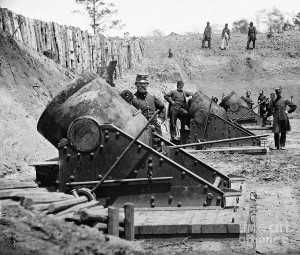





Ruminating on family, war and life. TJ has no doubt he wants to leave America a better place for his children yet questions "What is there in all this strife and turmoil and struggling for
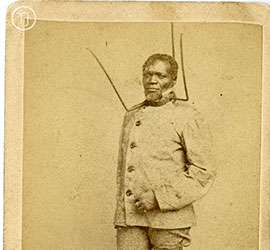





Mainly documenting first hand experiences of slaves and slavery, the treatment of prisoners and bounties for men who sign up for war. Also accounts of state of business in the North.
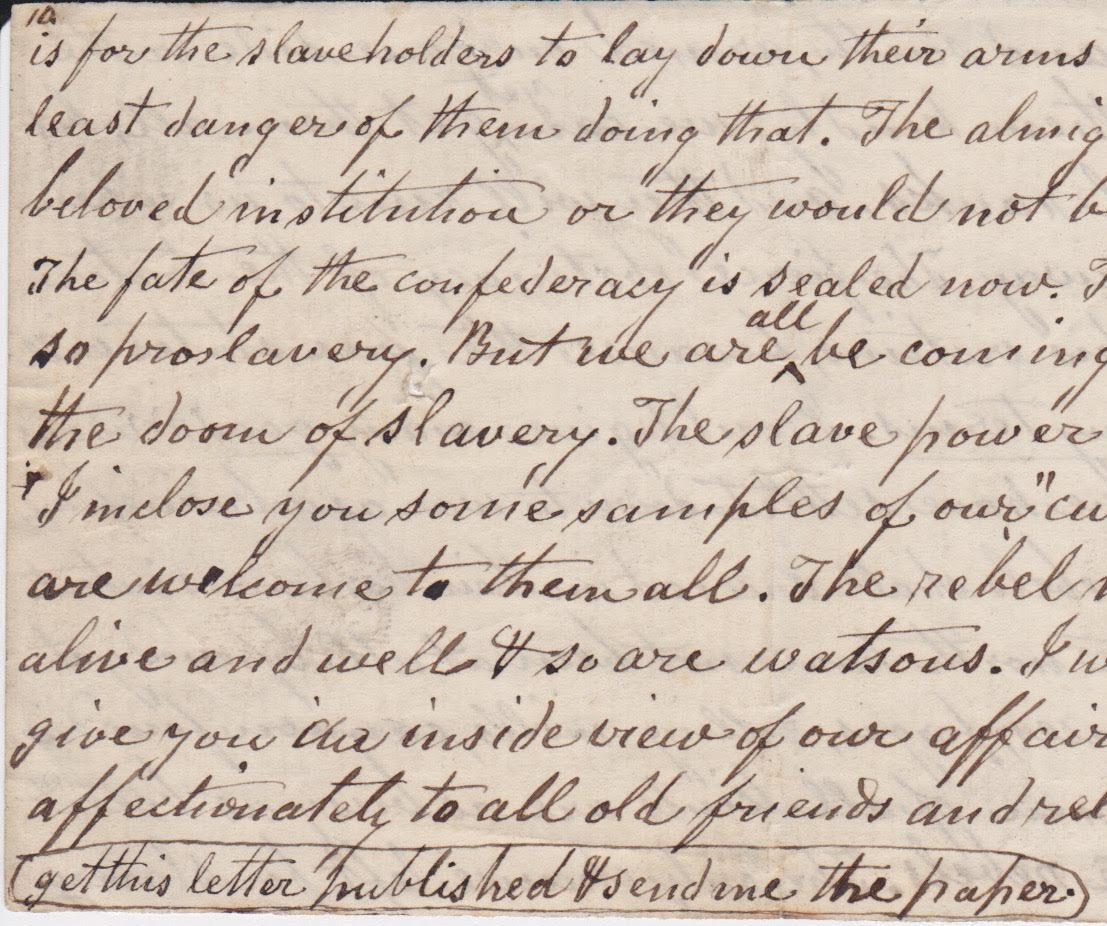





In these last two pages (all that remains of a much longer letter), we see TJ's expectations of slavery at last being abolished.
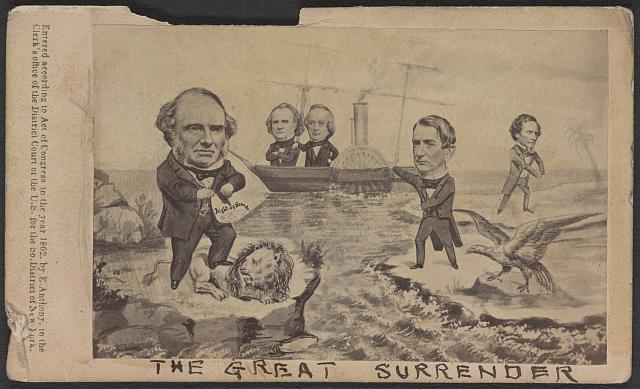




TJ accuses England of not staying neutral but was clearly supporting the Confederacy. "The British are immoral and devious."




Still very angry at all those who challenge Lincoln and his administration. "The copperhead, proslavery party has lied more outragously than I have ever heard them before.
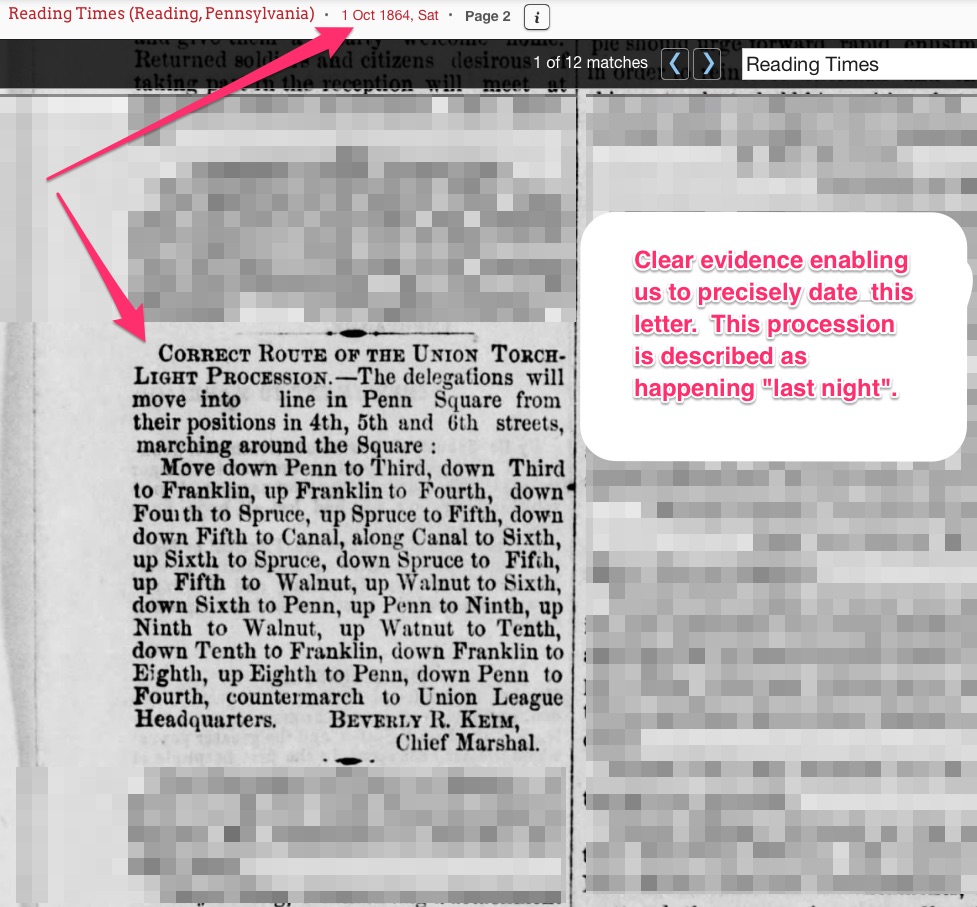





Sharp criticisms of proslavery copperheads and their search for substitutes for the draft. Finally TJ verbalizes his worst fears namely that England will declare its support for the Confederates.
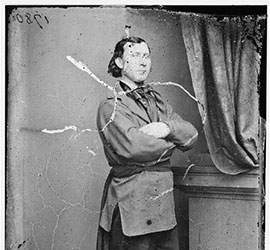





The possibility that Lincoln may not get re-elected is obsessing TJ's mind. This leads him to review many aspects of the war, past, present and future.






Unreserved delight at the result of the election. Yet still expressing hatred for his opposition. Also more on the treatment of prisoners and the suffering of slaves






"We have had about two weeks of wild and extraordinary excitement" This detailed letter Includes vivid accounts of the celebrations in the north as various southern cities culminating with Richmond finally fall.
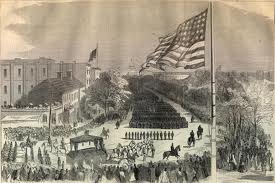





A detailed, contemporary account of what it was like to learn of Lincoln's assassination as well as sharing his anguish and grief that his beloved antislavery leader had been gunned down in the prime of his achievements.





Still incensed that Lincoln had been shot and that many northerners had been sympathetic to "putting Lincoln out of the way." Additionally provides an extensive list of alleged southern atrocities.
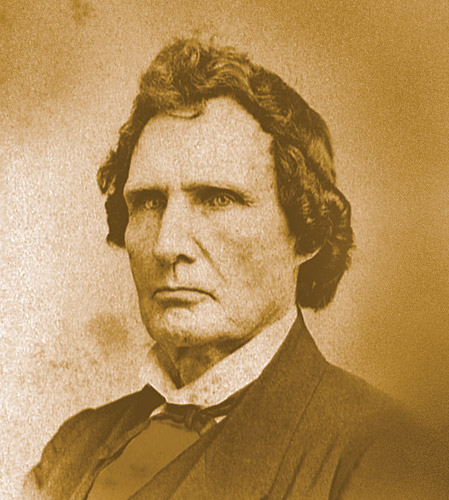





A post-war letter that Thomas Jackson sent to influential U.S. Senator Thaddeus Stevens.
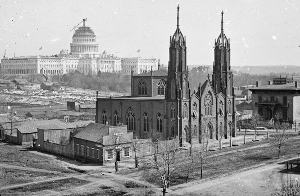




A wide-ranging account of how the North had changed after the civil war. He claims that most white men in the North wished that blacks had not been given the vote! Also nostalgia for his old home in England.
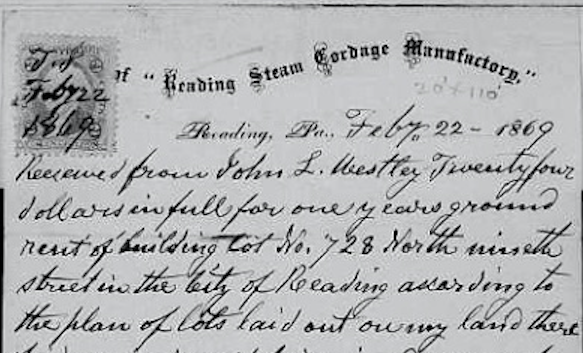
Thomas Jackson appears to be giving favorable terms to rentee– probably a man who worked for him
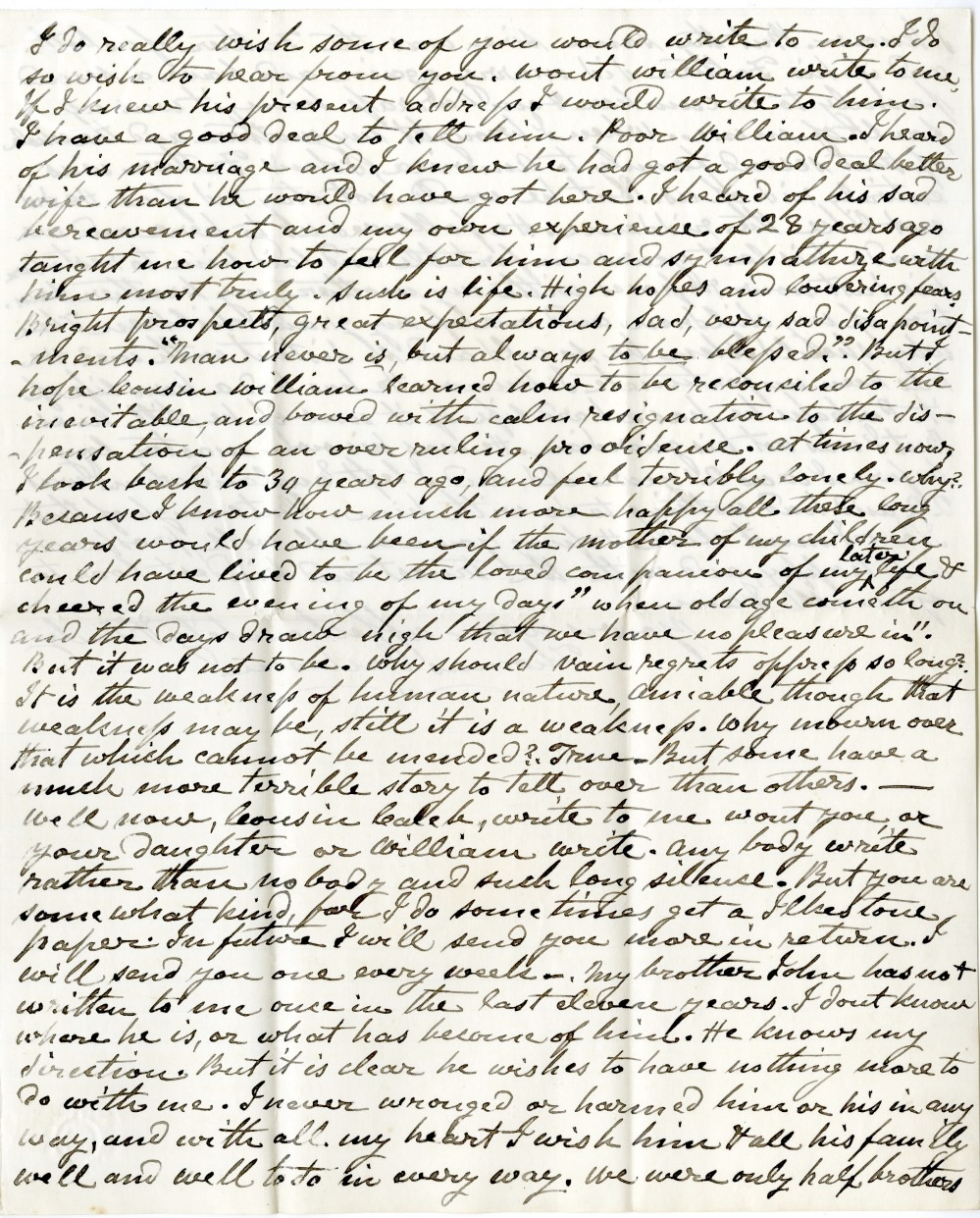



Thomas Jackson reveals that his father had sired a son by a different woman to his mother. Also reveals his dislike of his father yet took him in during the last days of his life.
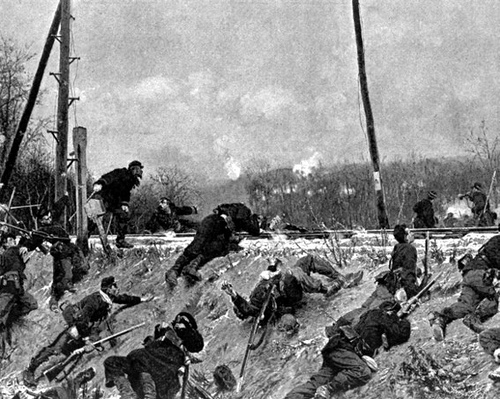


As well as family details, TJ starts to comment on the Franco Prussian war from the traditional English position of taking sides against the French. Explains how happy most citizens of Reading were because their ancestors were from Germany, and the Germans appeared to be outsmarting the French.
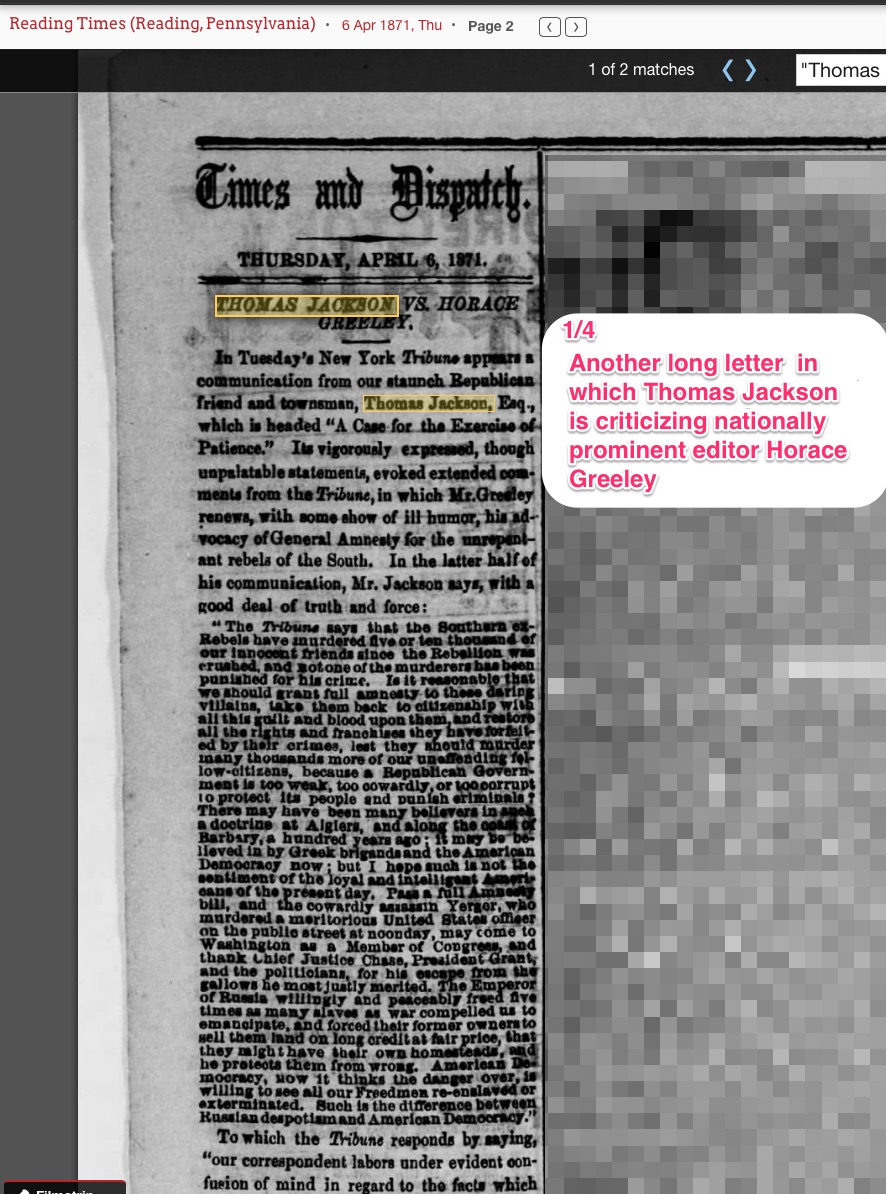




Greeley was a major figure in American journalism and politics but that in no way limited TJ's vigorous opposition to his views.




This is a simple Post Script to another letter. TJ believed that America's Alabama Claims against England were primarily a piece of political theatre.
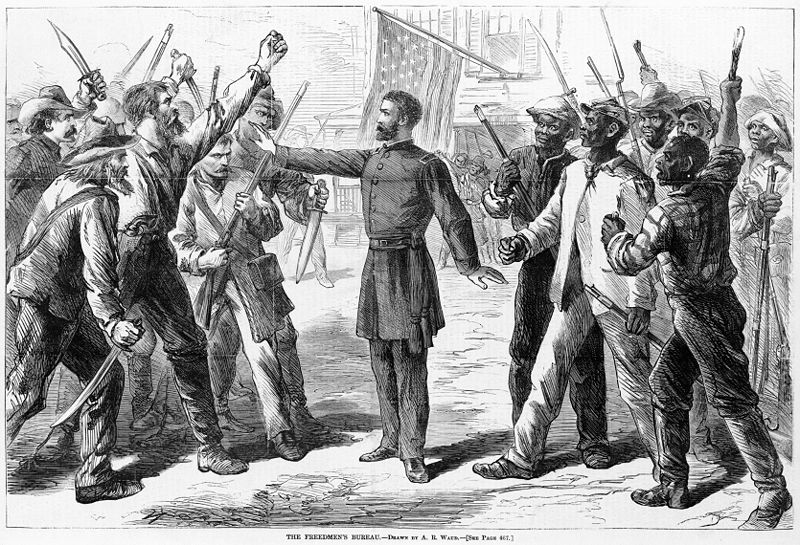


Unhappy with failing health. Disillusioned with politicians and the fact that ill educated people can vote. Notes that, "Americans tend to earn a lot but spend all they get."



Grieving the death of his first born son at only 41 years. To make matters worse, his rope making factory has been burned down to the ground with a total devastation of all his business.
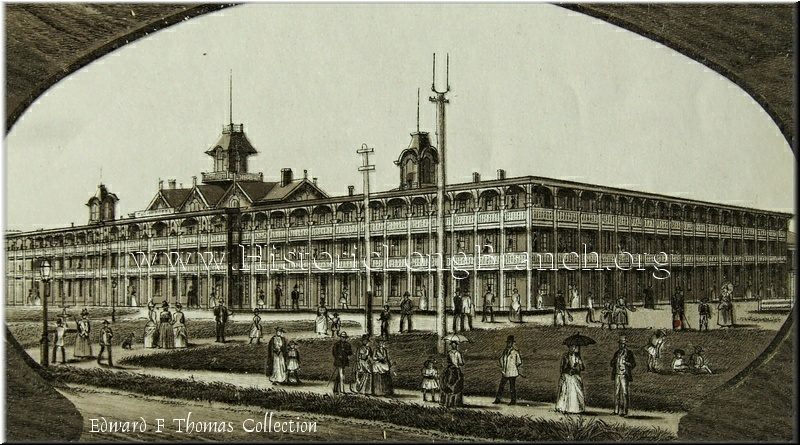



TJ is now nearly 70 and is ailing. He often “cannot hold a pen steady of at all”, suffers from rheumatism and is resigned to accept the will of God. This letter was sent to his English cousin Sarah



Relatives now share new information about Thomas Jackson's deteriorating health.
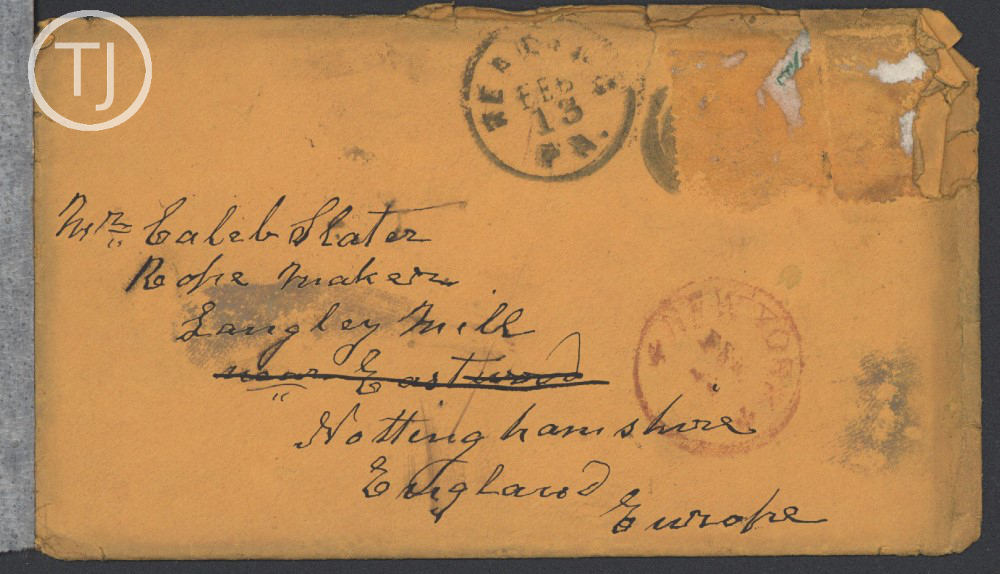

We are reaching the end of our journey. The familiar handwriting appears more shaky but still determined. Thomas Jackson died Died Aug 6, 1878.
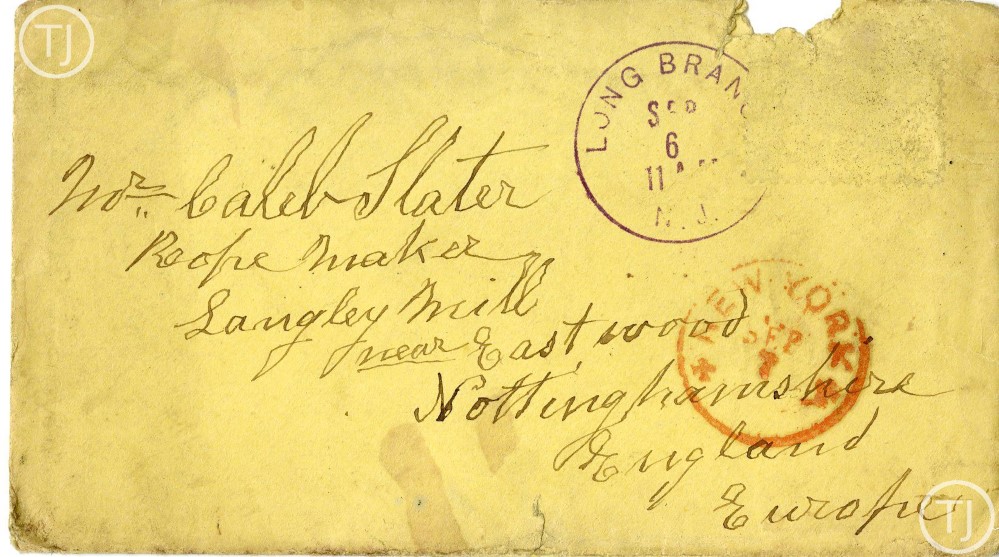

Here is our final record in Thomas Jackson's familiar handwriting. It is now very labored.
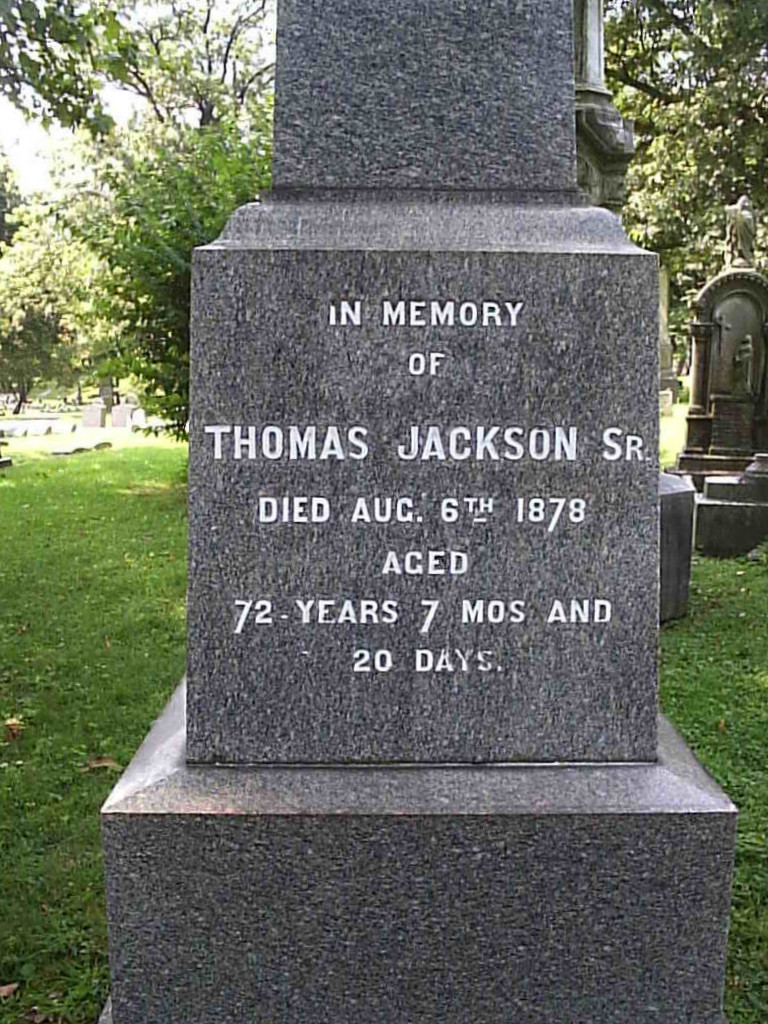



Thomas Jackson passed away in Reading at the age of 72. Tributes to him can be seen within.
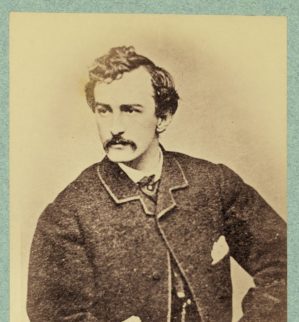





The original of this letter was in J Wilkes Booth’s own handwriting and this copy was saved and passed down to us as part of the Thomas Jackson letters collection.
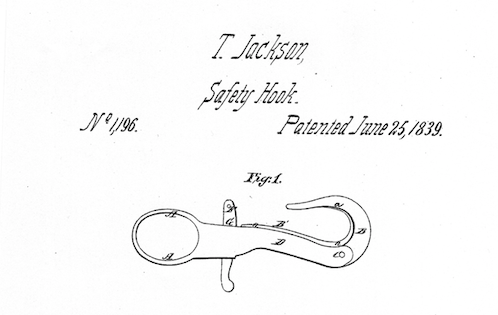





This invention was devised to solve the problem that a swish of the tow horse’s tail could disconnect the tow rope from the old attachment hooks, causing great problems and frustrations.
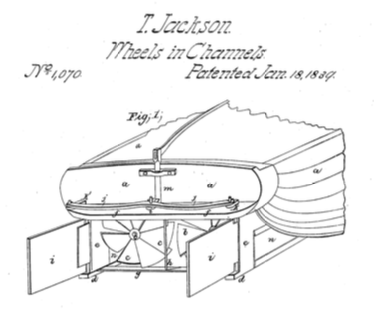





Tow lines, other obstacles and the sides of the canal locks were possible problems and adjustments were provided for heavily loaded boats
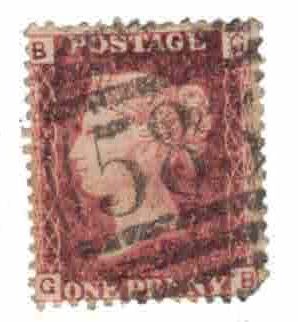
Sadly most of the stamps on the letters in this historical trove were soaked off to start a child’s stamp collection during the confinement of English households during the second world war. However there are also many letters from the days prior to postage stamps.
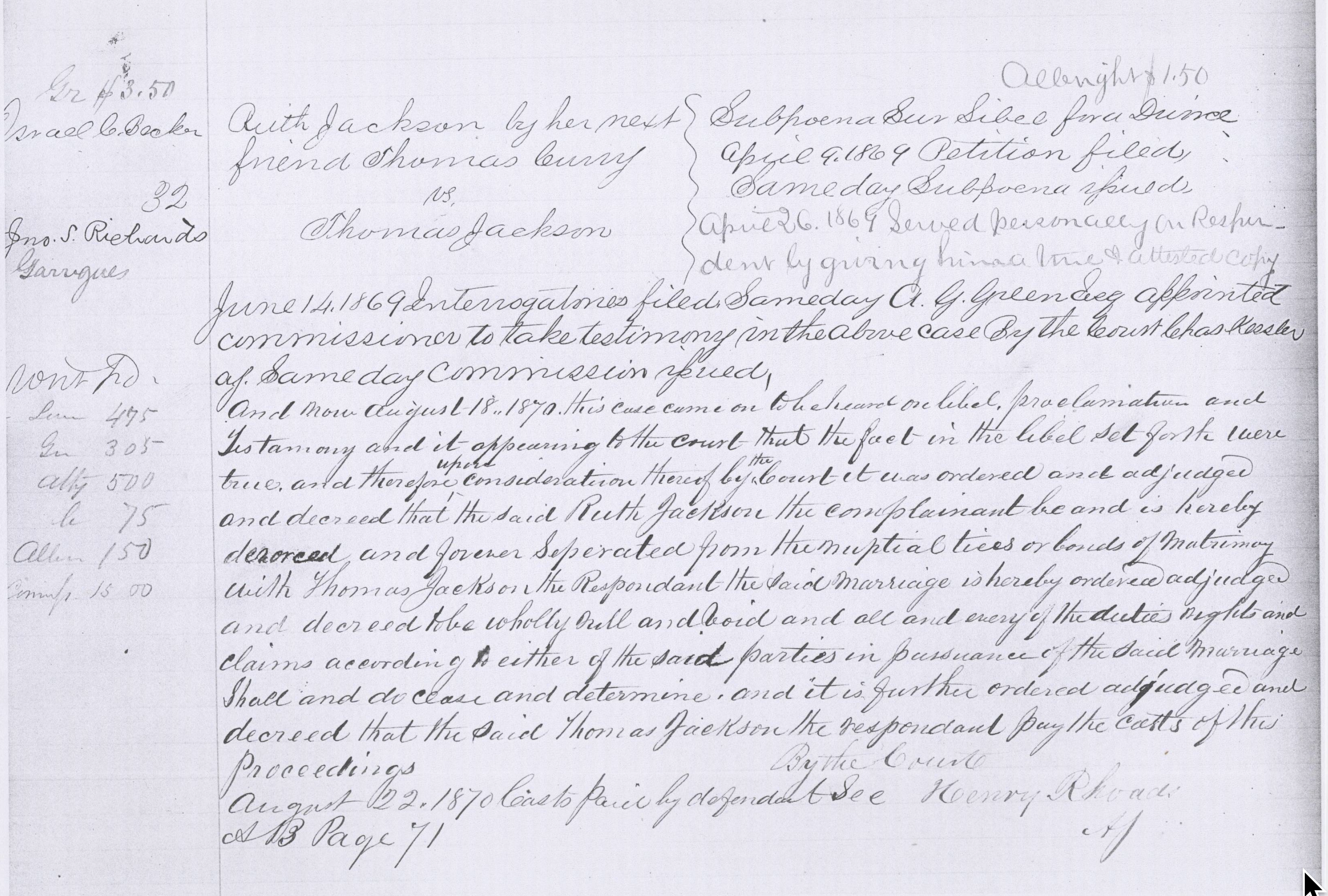




For most of his life in Reading, Thomas Jackson was a widower. His first wife Matilda Hayward, the father his children, unexpectedly died in 1843 on a return visit to see her relatives In England
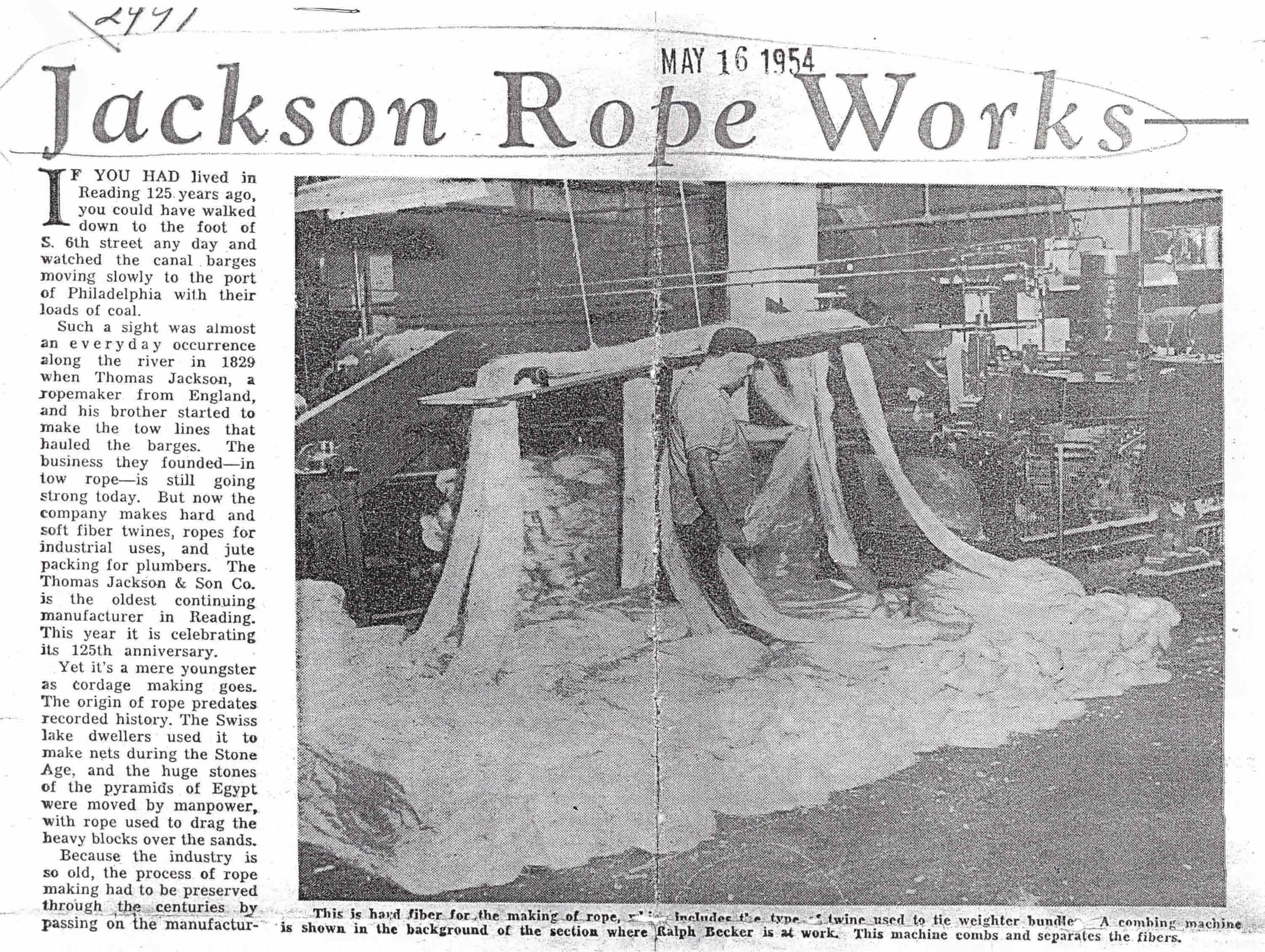





A reminder that the company that Thomas Jackson started in 1829 went on to be a major manufacturer, employer and innovator for many years.